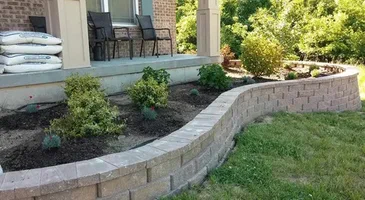Sydney Retaining Walls: Enhancing Stability and Aesthetic Appeal
Most Popular
- Methylcobalamin B12 Injections: Boosting Energy and Health
- Born X Raised: Redefining Streetwear with Authentic Style
- Revolutionizing Indian Education: A Closer Look at Modern Universities and Their Role in Shaping Future Leaders
- The Impact Of Social Media Marketing For E-Commerce Growth
- Why Businesses Consider SMD LED Screen Display for Advertising?
- Securing Aquarium During Home Shifting with top Packers and Movers in Vadodara




0 Comments
No Comments Found
LEAVE A REPLY
Your email address will not be published